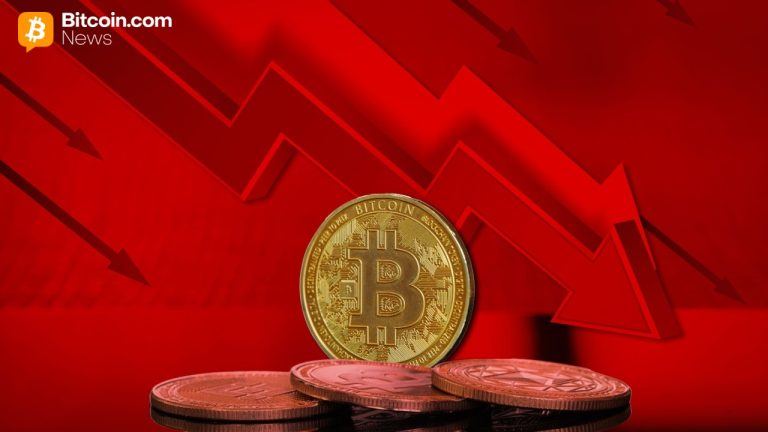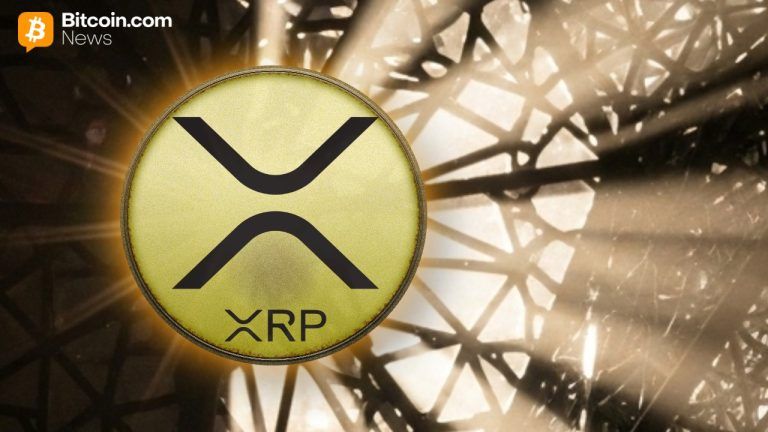ARTICLE AD BOX
Circle, the firm behind the USDC (USD Coin) stablecoin, has now entered Brazil and Mexico. Such a move is a major boost towards providing faster and cheaper digital dollar services to businesses in two of the largest Latin American economies.
Insight Into Circle’s Latest Expansion
The company has integrated national real-time payment systems in both countries, PIX in Brazil and SPEI in Mexico. This move has made USDC accessible through local banks. Hence, it eliminates the need for costly and slow international wire transfers.
In addition, businesses in Brazil and Mexico can now purchase USDC from their local financial institutions using Brazilian Reais (BRL) or Mexican Pesos (MXN) without needing to first convert their money into USD. This new functionality provides several benefits:
- First and foremost, it cuts down the time that is required to get USDC. All transfers will now take a few minutes and not days as it used to be.
- Second, it assists the businesses in avoiding costs of converting one currency to another.
- Third, it facilitates international transactions by utilizing a digital dollar that is easily recognized across countries
#USDC is now available in Brazil and Mexico via local bank transfers and the local real-time payment systems in Brazil and Mexico – PIX and SPEI respectively.
Read more about the new possibilities USDC unlocks for businesses in the region.https://t.co/KSzxLwA1Vo
— Circle (@circle) September 17, 2024
For companies conducting business in Latin America where many transactions are conducted in US dollars this is a significant development. Mexico is one of the biggest trading partners of the United States, where the trade turnover amounts to more than $800 billion for the year.
Likewise, Brazil also uses the dollar in a large measure of its foreign trade as the trade between the U.S. and Brazil stands at around $120 billion per year. As such, the possibility of using USDC for settlements facilitates and reduces the costs of all the businesses.
Remittance Market
The expansion of USDC as a means of payment in Mexico is most suitable for the remittance market. By 2023, Mexico received more than $63 billion in remittances from the US alone, which was equivalent to 3.9 % of Mexico’s GDP. Stablecoins such as Circle’s USDC can be used for remittances and they are cheaper than the traditional methods. It normally levies a total of 63.5% in charges and as you can see, this one is much lower.
This move is in line with Circle’s vision of integrating blockchain finance with the traditional financial system. Jeremy Allaire, CEO at Circle, the firm that is behind the acquisition, sounded quite upbeat about the further growth. He observed that more local banks and payment systems across the globe will turn to blockchain technologies as the advantages of the internet -based settlements will be evident.
Meanwhile, this move follows the stablecoin issuer’s move to collaborate with Sony Block Solutions Labs in an effort to bring the bridged USDC to the Sony company’s newly launched Ethereum Layer 2 Soneium
Kelvin Munene Murithi
Kelvin is a distinguished writer with expertise in crypto and finance, holding a Bachelor's degree in Actuarial Science. Known for his incisive analysis and insightful content, he possesses a strong command of English and excels in conducting thorough research and delivering timely cryptocurrency market updates.
Disclaimer: The presented content may include the personal opinion of the author and is subject to market condition. Do your market research before investing in cryptocurrencies. The author or the publication does not hold any responsibility for your personal financial loss.
 (1).png)
 1 year ago
496925
1 year ago
496925








 English (US) ·
English (US) ·